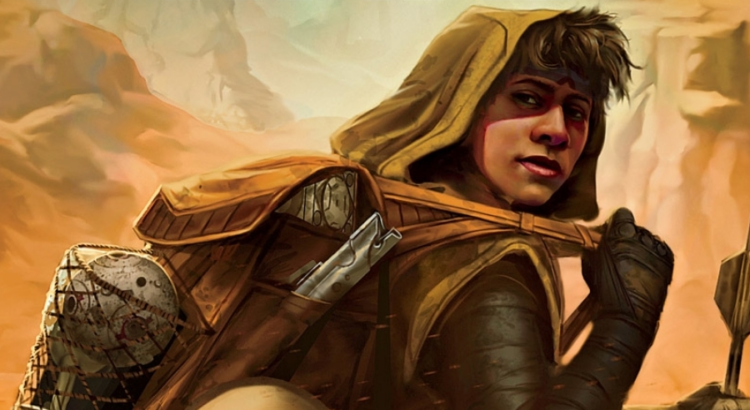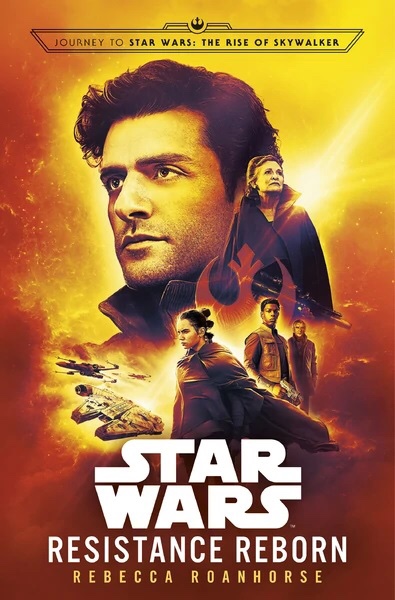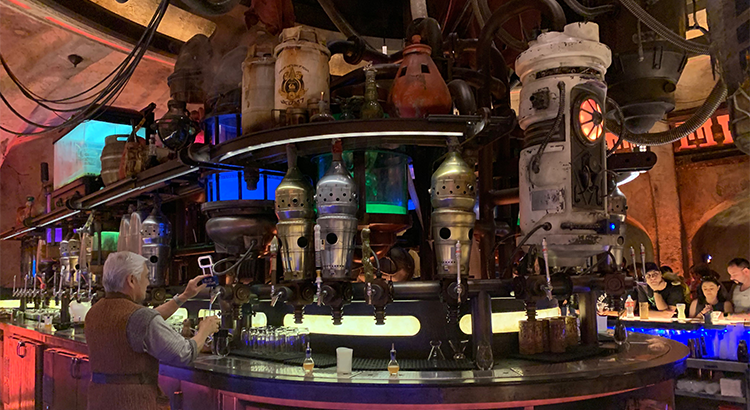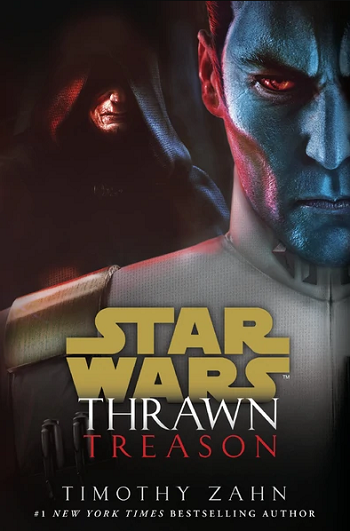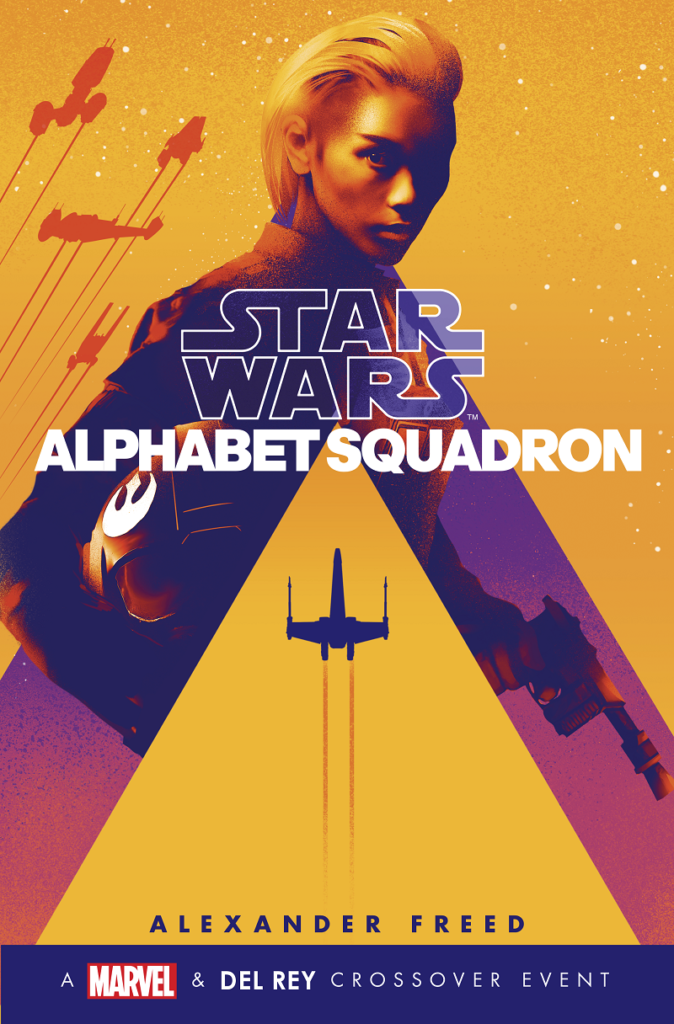This review is almost completely spoiler-free, I mention some minor details about who the main characters are but don’t get into the plot events.
I’d been curious about Force Collector ever since it was announced. They told us that it was a middle-grade novel about a kid gathering artifacts to learn more about the Force and the Jedi specifically. Generally, Jedi stories aren’t my favorite: but stories about artifacts and the general mythical environment around Jedi and the Force? I love those. The teaser info we got from author Kevin Shinick at New York Comic-Con sealed the deal: he told us it was a story about someone trying to uncover the events of the Star Wars films who had never heard of or seen anything to do with those events. The main character, Karr, gets strange visions when he touches artifacts that have “experienced” a lot of history or momentous events (historians would envy him that ability!) and begins to uncover bits and pieces of Star Wars history through experiencing vignettes from the books, comics, and movies.
Force Collector isn’t a “clip show” kind of story, and thank goodness for that. It reminds me of the initial pitch for Lost Stars, where Claudia Gray said she was initially told to write a story that introduced the YA audience to the original Star Wars films in a new way – and she created such a compelling story with her original characters that she went well beyond that original idea and created something special. The visions we see in Force Collector are interstitial visions, showing scenes before and after key Star Wars events to show them in a different context, but it’s the framing story that’s the real star for me. I liked Karr as a character, as well as his droid RZ-7 and his friend Maize. Karr’s whole deal is what got me interested in the book in the first place, and the two kids trying to figure out who they are and what they want in life is what kept me reading. It’s a story about regular people in Star Wars, and I love that stuff.
That’s not to say that the visions and Force stuff aren’t interesting. They are, but maybe for a different reason. When Del Rey’s Resistance Reborn recently released, there was some discussion about whether the book was approachable for new readers of the Star Wars literary universe. Some people made some excellent explainers about what people needed to know before reading it (you can take Star Wars Explained as the premiere example of that) while others got lists of lore and facts from the book to add to other lists of lore and facts. And it got me thinking about how different readers grow and become familiar with the universe differently. Some people enjoy reference books with charts and diagrams, some people really appreciate explainer videos, and others better digest “facts” and lore through the form of a narrative story. That’s basically what the premise of Force Collector is: it’s a book accessible to readers completely new to Star Wars books, that presents them with information about the Star Wars galaxy in a narrative fashion. And I think maybe that’s why a successful framing story is so important for this: Karr and Maize are just as new to a lot of this Force and Jedi stuff as a brand new movies-only reader might be, and being able to identify with them as characters helps readers explore Star Wars lore all the easier.
Read More